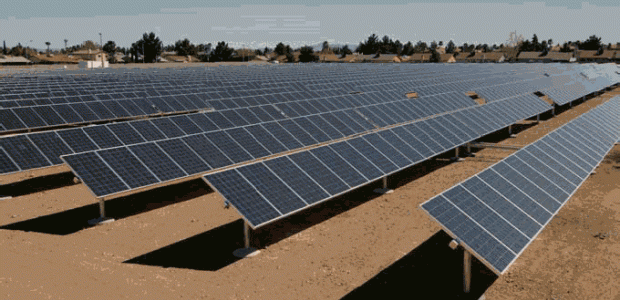A combination of feed-in premiums and tenders will form the basis of the country’s new support framework for the renewable energy sources (RES) sector, intended to revive the stagnant photovoltaics market, maintain investment plans for projects considered ripe for development, and adjust to EU guidelines.
A price ceiling will be set for feed-in premium levels before tenders are staged for installment of specific capacities. Participants at the tenders will be selected to proceed with respective investment plans depending on how much they are prepared to undercut the upper limit for their premiums.
Tender models already in use in other parts of Europe, including Germany, for example, are being studied by authorities for details to help shape the local plan.
According to authorities, Greece’s first tender for the new RES support framework may be staged in April, for photovoltaic capacities of between 50 and 100 MW, in an effort to revive this dormant sector.
Investors backed by RES plans considered mature for development will be able to take part in these tenders. Criteria determining the maturity levels of investment plans have yet to be specified.
Setting an appropriate upper limit level is a delicate matter for the committee assembled by the energy ministry to work on the RES support framework. A right balance, offering an incentive to investors, while also protecting the RES special account from deficit territory, needs to be struck. Besides taking into account the results produced by respective tenders in other EU states, the local economy’s state, current financing problems in Greece, as well as the country’s risk factor, are all expected to be factored in when setting the upper limit.
The committee working on the RES support framework will also seek to avoid domination at the tenders by investors with major PV investment plans who possess comparative advantages as a result of economies of scale. This consideration may result in separate tenders for smaller-scale investment plans of up to 20 MW.
According to energypress sources, it is estimated that the finalized plan will be submitted to the European Commission before being forwarded for public consultation procedures at the end of this month. The energy ministry has already pre-notified the European Commission’s Directorate-General (DG) for Competition on the plan’s fundamentals.





